Seniors Share Thesis Projects on Wesleyan Instagram
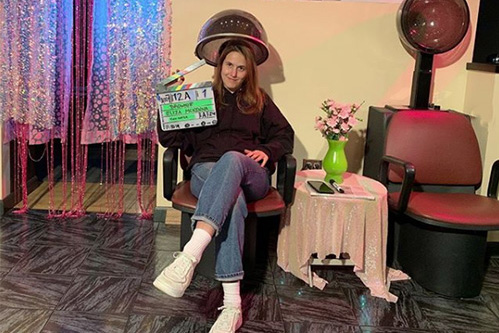
While the Wesleyan community can’t celebrate our seniors’ theses in person this year, several members of the Class of 2020 are sharing their accomplishments on Wesleyan’s Instagram (wesleyan_u).
Any senior who would like to see their thesis spotlighted can fill out this form.
Examples of recent posts are below. Click on the image to open the original post in Instagram. (Project curated by Eitana Friedman-Nathan ’20)

Film Studies. “‘Brownie’ is a 16mm short film, based on my great grandfather, who was a tailor for the mob in Atlantic City back in the ’40’s, and it follows an awkward Jewish man as he tries to prove his love to the hairdresser next door. When faced with a sensitive mob secret about the murder of another gangster, he must choose between telling the truth or staying silent. I’m planing on submitting this project to film festivals in the future!”
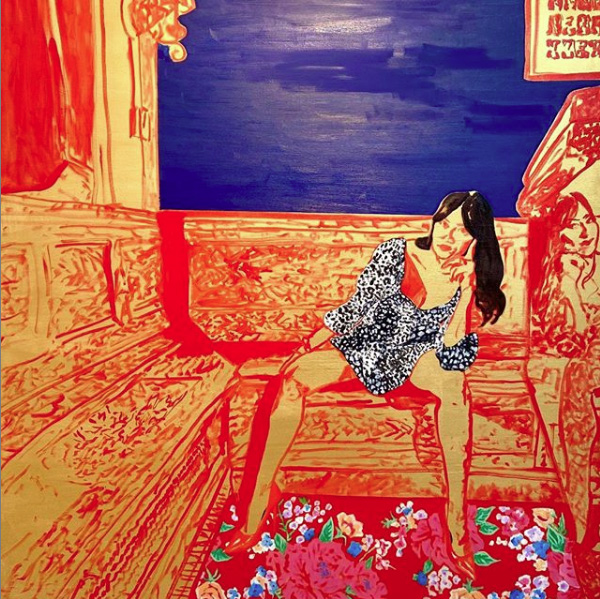

Honors in Music and winner of Gwen Livingston Pokora Prize. Leo describes his thesis, “COPVRIGHTS: An illegal expression of art protected by creative commons” as “an exploration of copyright law as it currently exists and is interpreted in the modern digital age of media and artistic creation. New technologies in audio production and consumption have spawned new approaches to policing creative content. Comparative analysis of digital sonic files, as exhibited by programs like Shazam and YouTube’s Content I.D., ensure that specific creative works in their recorded states are automatically protected on popular media platforms. But, what do these protections imply? Do recording protections introduce “ownership” of sound in physical space? Who can control certain recorded sounds, and why? What is the extent of this control and how does it impact the existences of both creators and consumers?”
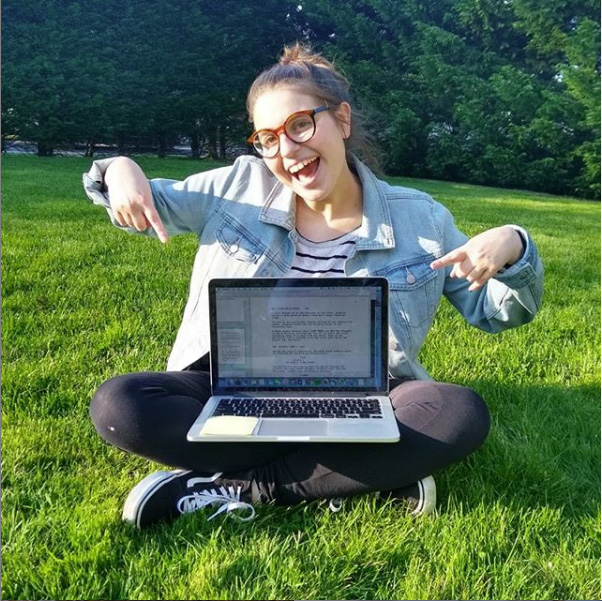
High Honors in the College of Letters. “The College of Letters has a foreign language and study abroad component, so I spent a semester in Jerusalem during my sophomore year, and that’s when I started to develop this idea for my thesis. I’m also pursuing the film studies minor and writing certificate, so completing this screenplay was really the culmination of a number of interests I’ve cultivated at Wesleyan, and through a number of grants from Wesleyan, I was able to spend last summer conducting extensive research in Israel to ensure the narrative’s authenticity. My favorite film genres have always been historical dramas, war films, and coming-of-age films, so I was excited to explore and combine these different genres in my first feature screenplay.”
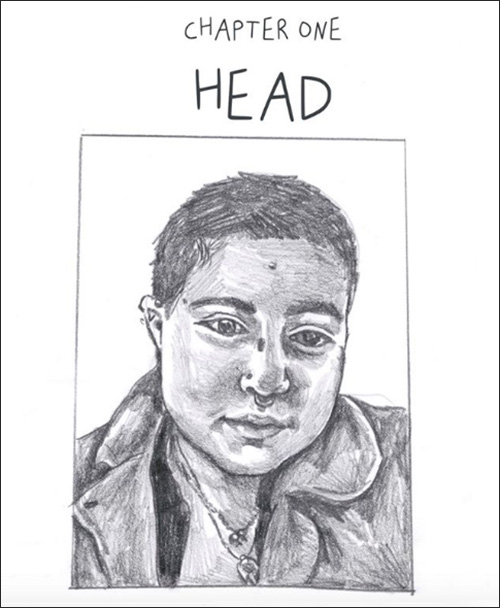
High Honors in English. “I wrote a graphic memoir that was part personal narrative/part history of Jewish self representation and gender representation in comics/part theory. It was a comic, so fully illustrated, and was divided into three sections corresponding to head/torso/limbs, each exploring different related themes in history and in my personal narrative.”

High Honors in American Studies and recipient of the M.G. White Prize for the best thesis in American Studies.
“I wrote my thesis on trans plaintiffs’ use of the Americans with Disabilities Act in discrimination cases. The ADA actually contains an explicit exclusion related to trans identity, so I focused on the history of this exclusion and how some trans people have successfully evaded it. In short, I explored why some trans people feel their conditions should be understood as disabilities under the ADA, and then shared how this argument has been made in court. I am very grateful for the support of my girlfriend and dog!”

High Honors in Anthropology. “This thesis examines the ghosts of animal welfare work in India, with a focus on gujarat, to call for solidarity between minoritised groups across species. Through theorizing ghostly absences, I put human and nonhuman oppression in conversation with each other, revealing the biopolitical control of reproductive processes in humans, dogs, and bovines. I grapple with the implications of animal welfare work within a system that uses nonhuman animals as tools in order to oppress other minoritised communities. With attention to the problems of speciesism, nationalism, and reproduction, I explore the relationship between minoritisations that arise from the narrow category of human, implicitly normalized in India as upper-class Hindu, and male. Here, I tread the ambiguous space between binaries in order to affirm new ways of inclusively engaging with welfare work. I use poetry and art in my ethnography ‘(Re)Birthing Ghosts: An Ethnography Toward Solidarity’ to reimagine linearity in academia, allowing readers to internalize the contents through personalized journeys.”


American Studies. Most Americans never have and will never learn the history of black representation during America’s Reconstruction. Drawing on archival research and analysis of congressional debates and bill introductions, Anthony’s thesis “The Forgotten Founders of America: Investigating Black Members of Congress During Reconstruction” shows how 16 black members of Congress ensured Americans could have a larger voice in their government.
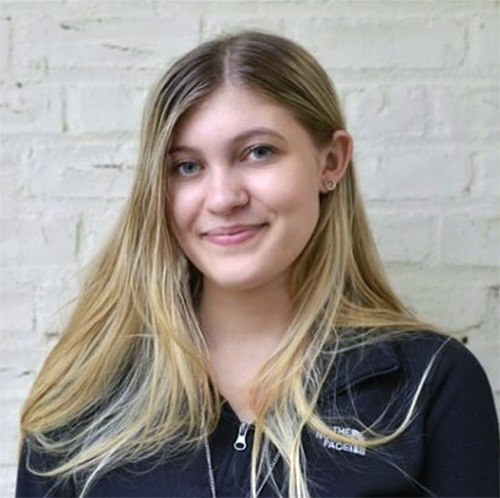
High Honors in Philosophy and Distinction in History. “My thesis is about how the German phenomenological tradition can aid cognitive science’s quest to understand human consciousness. The thesis draws on Martin Heidegger’s understanding of what it is to be ontologically finite, explained in his book, Being and Time, to show how this essential condition of human being is coextensive with human mindedness, and argues for the necessity of ontology in fields that study the human mind. I also completed a capstone project in history titled ‘Ontological Death and World Collapse: Making Sense of the Interwar Period in Germany.'”

